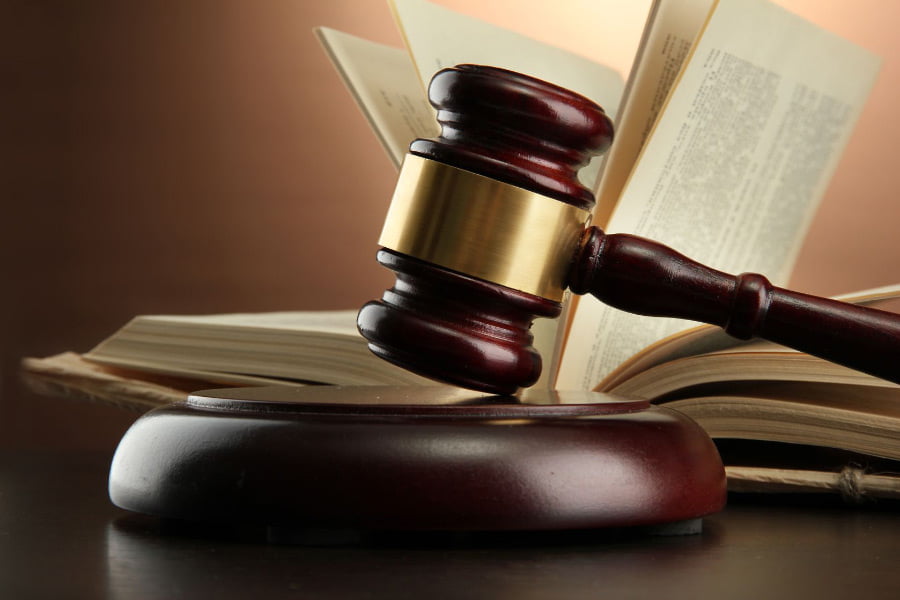Nosheen Rasheed
The recent proposal to grant lifetime immunity to the President of Pakistan through a constitutional amendment has triggered a deep national debate on law, ethics, and constitutional principles. It raises one of the most fundamental questions for any democracy: can a republic, founded upon the rule of law and equality of citizens, justify granting a single individual permanent legal protection from accountability?
In many democratic systems, temporary immunity during office is recognized as a necessary safeguard. It allows the head of state to perform constitutional functions without distraction or the threat of politically motivated litigation. This limited immunity serves institutional independence, not personal privilege. However, when immunity extends beyond tenure, it transforms from a temporary necessity into a permanent privilege. This change challenges the moral foundation of constitutional democracy, where every office is temporary and every official remains answerable for their actions.
From a constitutional standpoint, Pakistan’s supreme law provides equality before the law under Article 25. The Constitution does not recognize any citizen as being beyond the reach of justice. Accountability mechanisms—executive, legislative, and judicial—were created to ensure that every position of power remains subject to oversight. To carve out permanent protection for one individual, even a ceremonial one, distorts the entire constitutional structure. It replaces equality with hierarchy and institutions with individuals.
Ethically, such immunity creates an imbalance in moral accountability. Public office is a trust, not a throne. The moral legitimacy of leadership depends on transparency, responsibility, and the willingness to face scrutiny. Lifetime immunity not only shields the powerful from justice but also erodes public faith in fairness. It conveys that certain offices exist above law and morality—a concept fundamentally opposed to democratic ethics.
Philosophically, the issue also concerns constitutional morality, a principle that guides how power should be exercised beyond written law. Constitutional morality insists that authority must operate within the limits of justice, equality, and reason. Lifetime immunity contradicts this philosophy by establishing a permanent privilege outside those moral boundaries. Even in monarchies, immunity is attached to the throne, not to the person. In a republic, when one leaves office, one must return to the position of an ordinary citizen.
Practically, the implications of lifetime immunity are alarming. It would weaken judicial accountability and encourage other powerful positions to demand similar privileges. This would undermine the entire notion of equality before law. Once one office becomes immune forever, the moral and legal fabric of the state begins to unravel. Democracy can survive only when power is answerable and justice remains universal.
Therefore, lifetime presidential immunity cannot be justified on constitutional, ethical, or moral grounds. It contradicts the spirit of the Constitution, erodes institutional integrity, and threatens the moral foundations of the republic. The President represents the unity of the federation, not supremacy over it. True moral leadership derives its strength from accountability, not from exemption; from justice, not from privilege. For Pakistan to progress as a democratic republic, its Constitution must protect institutions—not individuals.
















